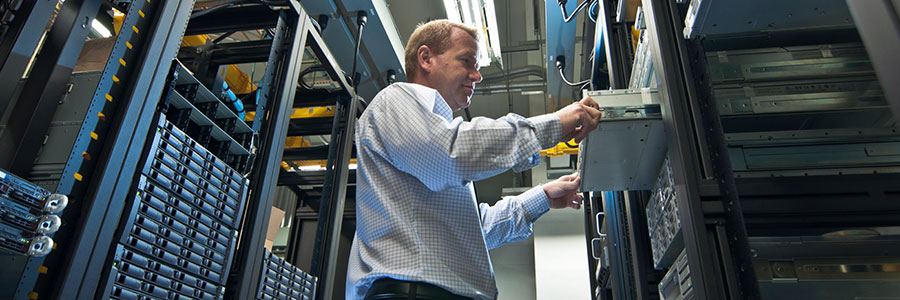Imagine what would happen to your business if you lost company data like customer details, employee records, financial statements, and proprietary information. Such a scenario can tremendously hurt your operations. Your employees will find it difficult to properly serve your customers, who'll become irate and leave you for your competitor.
3 Ways to improve your company’s data backup strategy
Steps to protect your company from hurricanes

Hurricanes pose a serious threat to businesses. The damages caused by hurricanes can disrupt operations to a point where some companies never recover. Take these steps to help you keep your business safe from hurricanes.
What is a hurricane disaster recovery plan?
A hurricane disaster recovery plan is a written set of procedures on how to respond to a hurricane.
Work from home security best practices
The business continuity benefits of cloud technology
Where you store your company’s data backups is vital to the success of your business continuity strategy. There are various storage media to choose from, but if you value flexibility and convenience, then you should look no further than cloud storage.
How to strengthen your BYOD security
Many businesses are adopting bring your own device (BYOD) policies as more employees work from home. The problem is, if you’re not careful, BYOD can expose your company to major cybersecurity risks, including the following.
Loss or theft of devices – Employees often bring their personal devices wherever they go.
Protecting your data from hurricanes
Hurricanes damage property and put lives at risk. If you’re not prepared, hurricanes can also disrupt your operations and put your business through extended downtime. In this blog, we'll help you quickly regain access to your data and get your business back to operational mode after a disaster.
Security best practices for remote workers
Working from home increases employee autonomy, cuts costs, and ensures the health and safety of the company during the coronavirus pandemic. The problem is, it also increases the likelihood of security breaches since employees are working outside the company's security perimeter.
Cloud hosting for business continuity
Unforeseen disasters can strike at any time, and when they do, your business could come to a grinding halt. Having a business continuity plan could prevent this from happening by securing your valuable business data at another location. But all too often, data backup can be too complicated for the average IT personnel to manage.



